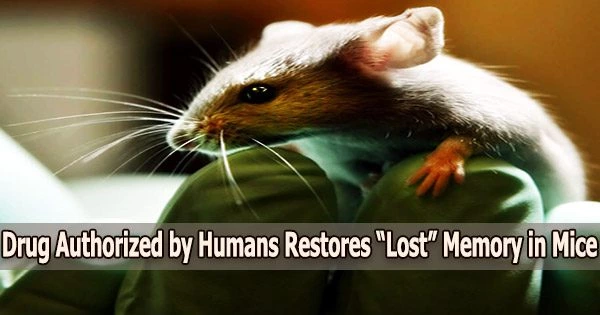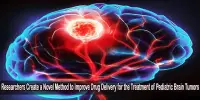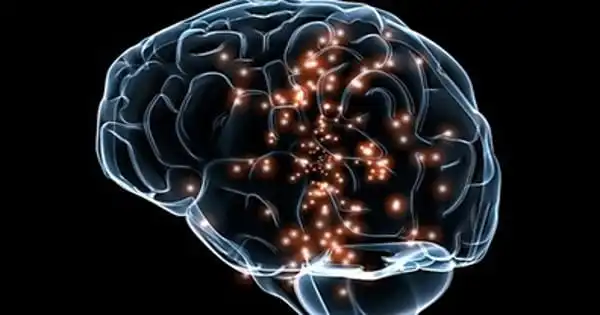Sometimes students stay up all night studying for a test. But studies have shown that sleep deprivation harms your memory. Neuroscientist Robbert Havekes from the University of Groningen has now found that learning while sleep deprived does not inevitably result in memory loss; rather, it is more difficult to recall.
Using optogenetic techniques and the human-approved asthma medicine roflumilast, he and his team have discovered a means to make this “hidden knowledge” accessible once more days after studying while sleep-deprived. These findings were published on 27th December 2022 in the journal Current Biology.
Havekes, associate professor of Neuroscience of Memory and Sleep at the University of Groningen, the Netherlands, and his team have extensively studied how sleep deprivation affects memory processes.
“We previously focused on finding ways to support memory processes during a sleep deprivation episode,” says Havekes. However, in his latest study, his team examined whether amnesia as a result of sleep deprivation was a direct result of information loss, or merely caused by difficulties retrieving information.
“Sleep deprivation undermines memory processes, but every student knows that an answer that eluded them during the exam might pop up hours afterwards. In that case, the information was, in fact, stored in the brain, but just difficult to retrieve.”
However, when we reintroduced them to the task after reactivating the hippocampal neurons that initially stored this information with light, they did successfully remember the original locations. This shows that the information was stored in the hippocampus during sleep deprivation, but couldn’t be retrieved without the stimulation.
Neuroscientist Robbert Havekes
Hippocampus
Havekes and his team used an optogenetic strategy to answer this question. They genetically engineered a light-sensitive protein (channelrhodopsin) to be produced only in the neurons that light up during a learning session. This made it possible to recall a specific experience by shining light on these cells.
“In our sleep deprivation studies, we applied this approach to neurons in the hippocampus, the area in the brain where spatial information and factual knowledge are stored,” says Havekes.
Initially, a spatial learning test requiring the genetically modified mice to memorize the locations of certain items was shown to them. This task mainly relies on neurons in the hippocampus. Days later, the mice had to do the same job again, but this time one object had been moved to a different location.
The mice that were sleep deprived for a few hours before to the first session failed to notice this change in space, which may indicate that they are unable to remember where the initial item locations were.
“However, when we reintroduced them to the task after reactivating the hippocampal neurons that initially stored this information with light, they did successfully remember the original locations,” says Havekes. “This shows that the information was stored in the hippocampus during sleep deprivation, but couldn’t be retrieved without the stimulation.”
Memory problems
The medication roflumilast, which is taken by people with asthma or COPD, also targets the biochemical pathway triggered during the reactivation. Havekes: “When we gave mice that were trained while being sleep deprived roflumilast just before the second test, they remembered, exactly as happened with the direct stimulation of the neurons.”
These discoveries bring up opportunities to explore if roflumilast can be used to give individuals access to “lost” memories as it is already clinically licensed for use in humans and is known to penetrate the brain.
The finding that the brain contains more information than we had previously thought and that these “buried” memories can be reactivated, at least in mice, throws up a world of fascinating possibilities.
“It might be possible to stimulate the memory accessibility in people with age-induced memory problems or early-stage Alzheimer’s disease with roflumilast,” says Havekes. “And maybe we could reactivate specific memories to make them permanently retrievable again, as we successfully did in mice.”
When a subject attempts to “relive” a memory or review material for an exam while having their neurons activated by the medication, the knowledge may become more firmly consolidated in the brain. For now, this is all speculation of course, but time will tell. At this time, Havekes is not directly involved in such studies in humans.
“My interest lies in unravelling the molecular mechanisms that underlie all these processes,” he explains. “What makes memories accessible or inaccessible? How does roflumilast restore access to these ‘hidden’ memories? As always with science, by addressing one question you get many new questions for free.”
















